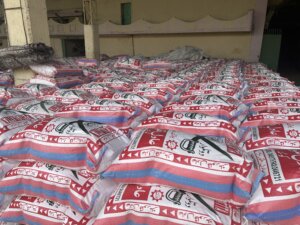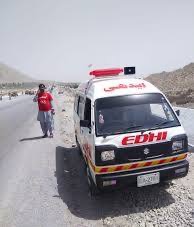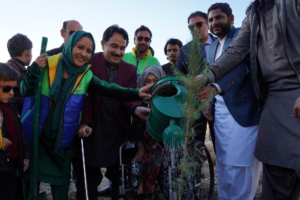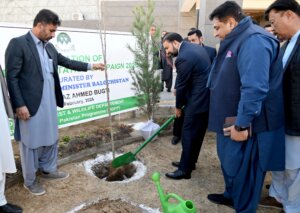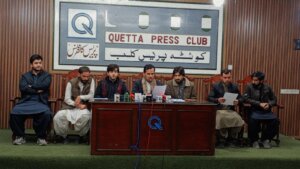Chandni Kakar:
Sibi, Balochistan: Safia Bibi, a 30-year-old mother of three, battles scorching heat as she prepares chapatis outdoors. Despite her youth, Safia bears the weight of adversity, her worn face a testament to her struggles. Last year’s devastating flood washed away her home in Goth Sultan Kot, leaving her family homeless and financially strained. The resultant stress on her husband has escalated into domestic violence, a grim reality for many women in the region.
27 Percent Increase In Violence Against Women
Director Allaudin Khilji of the Aurat Foundation in Quetta sheds light on the prevalent forms of domestic violence in Balochistan, including physical, psychological, and sexual abuse. Imtiaz Manjho from the Sahar Organization in Naseerabad notes a troubling 27% increase in such cases post-floods. Human Rights Commission reports underscore the severity of the issue, with 157 reported cases in June 2022 alone, accompanied by distressing statistics of honor killings and sexual abuse.
Women Suffer In Silence
Although legislative measures have been implemented, such as the 2021 law penalizing domestic violence, enforcement remains insufficient, as highlighted by Muhammad Zubair Makhdoom from the Shifa Foundation in Naseerabad.
Women like Zahra in Pishin, Mariam in Naseerabad, and Safiya in Quetta endure silent suffering behind closed doors, victims of abusive relationships. Dr. Shahida Batool emphasizes the multifaceted consequences of domestic violence, ranging from physical and psychological harm to broader social and economic implications.
Most Of The Incidents Go Unnoticed
The escalating trend is alarming, with a 30% increase in cases over the past decade. Despite this, a significant portion of incidents goes unreported due to shame and fear, as seen in Pishin, Naseerabad, and Quetta.
Despite the grim statistics, there is hope. Various groups are actively engaged in providing support and advocacy, aiming to create a safer environment for women and children in Balochistan. It’s a challenging battle, but with collective effort, positive change is achievable.


